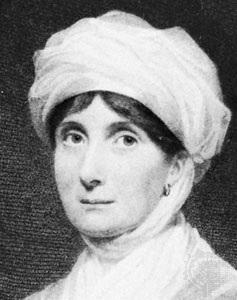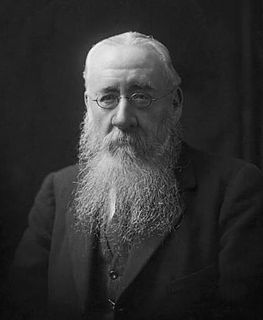A Quote by Samuel Taylor Coleridge
Be that blind bard who on the Chian strand, By those deep sounds possessed with inward light, Beheld the Iliad and the Odyssey Rise to the swelling of the voiceful sea.
Related Quotes
Out of the huts of history's shame I rise Up from a past that's rooted in pain I rise I'm a black ocean, leaping and wide, Welling and swelling I bear in the tide. Leaving behind nights of terror and fear I rise Into a daybreak that's wondrously clear I rise Bringing the gifts that my ancestors gave, I am the dream and the hope of the slave. I rise I rise I rise.
In a great affliction there is no light either in the stars or in the sun; for when the inward light is fed with fragrant oil; there can be no darkness though the sun should go out. But when, like a sacred lamp in the temple, the inward light is quenched, there is no light outwardly, though a thousand suns should preside in the heavens.
Not all the pride of beauty; Those eyes, that tell us what the sun is made of; Those lips, whose touch is to be bought with life; Those hills of driven snow, which seen are felt: All these possessed are nought, but as they are The proof, the substance of an inward passion, And the rich plunder of a taken heart.





































